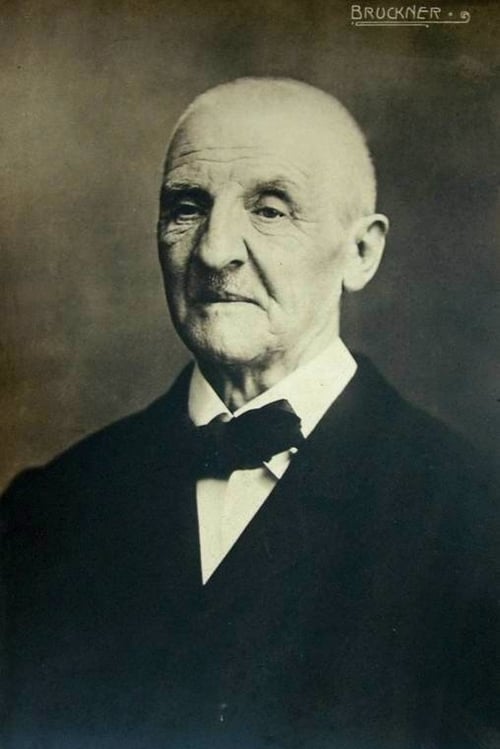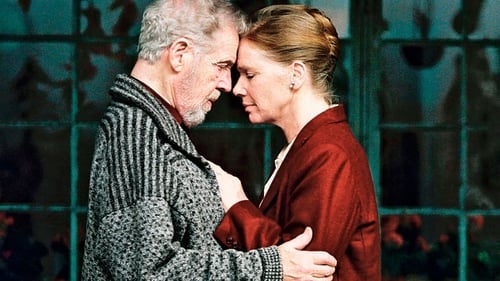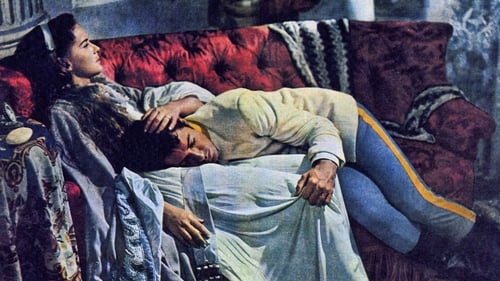Anton Bruckner
Рождение : 1824-09-04, Ansfelden, Austria
Смерть : 1896-10-11
История
Josef Anton Bruckner was an Austrian composer, organist, and music theorist best known for his symphonies, masses, Te Deum and motets. The first are considered emblematic of the final stage of Austro-German Romanticism because of their rich harmonic language, strongly polyphonic character, and considerable length. Bruckner's compositions helped to define contemporary musical radicalism, owing to their dissonances, unprepared modulations, and roving harmonies.



